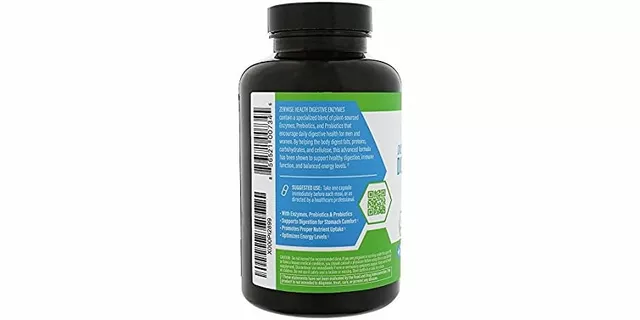Prevention Made Simple – Quick Tips for a Healthier Life
When it comes to staying well, the best move is to stop problems before they start. That’s what our prevention tag is all about: real‑world actions you can take today to lower your risk of illness, injury, and medication mishaps.
Everyday Habits That Cut Risk
Most health scares begin with something we do—or don’t do—every day. Here are a few habits that make a big difference:
- Stay hydrated. Drinking enough water helps kidneys flush toxins and keeps skin supple.
- Move regularly. Even a short walk after meals lowers blood sugar spikes and supports heart health.
- Sleep enough. Seven to nine hours gives your immune system time to repair and fight off germs.
- Wash hands often. Simple soap and water stops the spread of colds, flu, and food‑borne bugs.
- Balance meals. Pair protein with fiber to keep cravings in check and avoid sudden blood‑sugar crashes.
If you’re looking for a deeper dive, our article on Acetaminophen: Ultimate Guide to Safe Use, Benefits, and Hidden Risks explains how everyday pain relievers can become hazards when taken wrong. Knowing the limits helps you avoid accidental liver damage.
Safe Ways to Handle Medications
Buying medicines online feels convenient, but it also opens doors to counterfeit pills and unsafe dosing. The posts in this tag give you a roadmap:
- Buy Tranylcypromine Online Safely. Follow the legal steps, verify pharmacy credentials, and watch for unusually low prices that usually signal fakes.
- How to Safely Buy Methyldopa Online. Look for pharmacies that require a prescription and have clear privacy policies.
- Where and How to Order Tizanidine Online Safely. Check the drug’s schedule, confirm it’s shipped in tamper‑evident packaging, and read customer reviews.
A quick tip: always ask your doctor or a licensed pharmacist if a new online pharmacy seems legit. If they’re hesitant, it probably isn’t worth the risk.
Beyond buying meds, proper storage matters too. Keep pills in a cool, dry place away from sunlight—heat can break down active ingredients fast. For liquids like insulin, follow the fridge guidelines on the label and never reuse needles.
Our guide to Pao Pereira: Ancient Amazonian Healing and Modern Science Insights shows how natural supplements can support health when chosen wisely. The key is sourcing from reputable vendors that test for contaminants.
Putting prevention into practice doesn’t need a massive overhaul. Pick one habit from the list above, apply it consistently for two weeks, then add another. Small steps create big safety nets over time.
If you want more ideas, scroll through the rest of the posts under this tag. Each article breaks down a specific risk—whether it’s kidney stones from oxalates in chestnuts or stress‑related hair loss—and offers clear actions you can start today.
Remember, prevention is just good sense turned into routine. A few minutes of research and a handful of mindful choices keep you ahead of health problems before they even show up.

The Connection Between Bacterial Vaginosis and Sexual Health
As a blogger, I've come across an interesting topic that I'd like to share with you all - the connection between bacterial vaginosis and sexual health. Bacterial vaginosis is a common vaginal infection caused by an imbalance of bacteria, and it can have a significant impact on a woman's sexual health. I've learned that this infection can result in discomfort, pain, and even an increased risk of acquiring other sexually transmitted infections. It's important for women to recognize the symptoms and seek medical attention if they suspect they have bacterial vaginosis. By understanding and addressing this issue, we can help promote better sexual health for everyone involved.
Categories
- Medications (87)
- Health and Wellness (47)
- Pharmacy Services (15)
- Chronic Conditions (9)
- Women Health (6)
- Health and Nutrition (5)
- Medical Research (4)
- Mental Health (4)
- Child Health (2)
- Skincare (2)
Popular Articles

The Link Between Pancrelipase and Improved Digestion
Jun, 12 2023


